
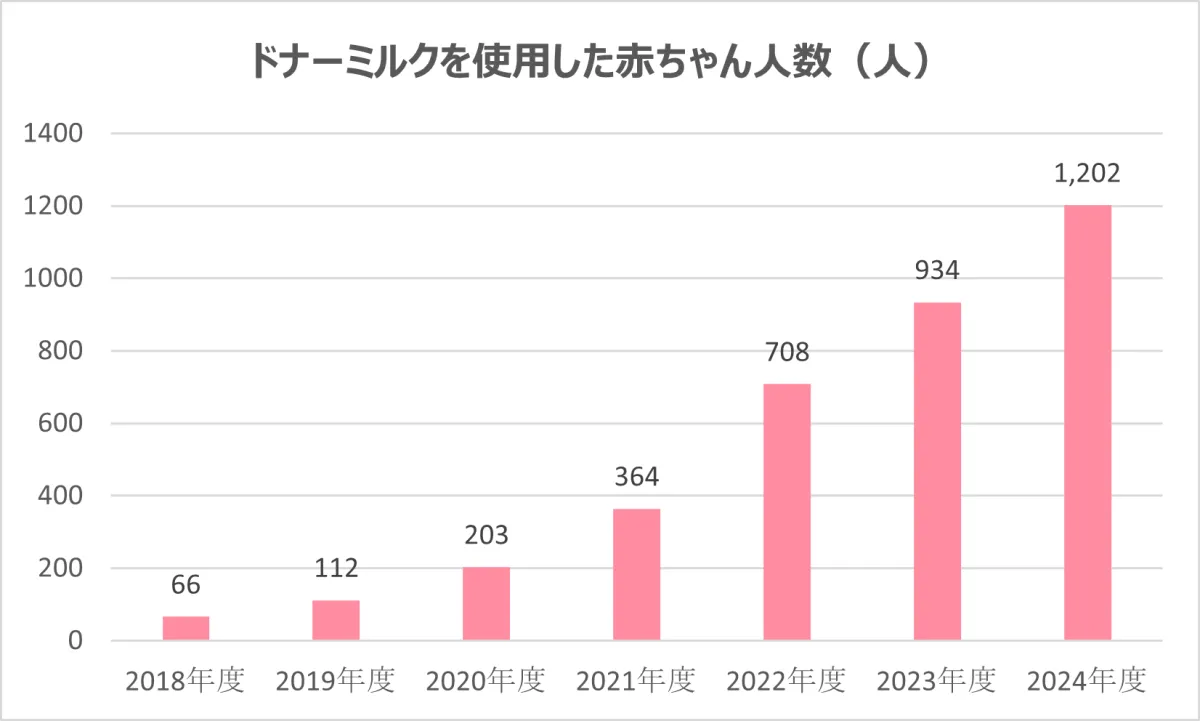
Japan's Donor Milk Program Hits Record High for Infants in Need
Japan's Remarkable Donor Milk Initiative
Japan’s donor milk initiative has made impressive strides in 2024, providing essential nutrition to over 1,200 infants who require donor milk. The Japan Foundation Milk Bank has recently released its annual report showcasing the success of this program, which marks a significant increase from just 934 infants the previous year. This growth reflects the vital role donor milk plays in neonatal care, particularly for premature infants and those with low birth weights.
Growth of the Donor Milk Program
The report indicates that since 2018, when the system first began, a total of 3,589 infants have benefitted from this program. In the current year, 114 hospitals across 42 prefectures in Japan have registered to provide donor milk, an increase from 95 facilities the previous year. Furthermore, the number of registered milk donors has surged to 748, up from 607 in 2023, highlighting a growing willingness among mothers to contribute their excess milk.
However, despite this promising increase, the demand for donor milk remains high, with approximately 5,000 infants needing milk annually. There’s an ongoing necessity for the expansion of donor registration facilities and available usage locations to meet this demand.
Data Insights
The report includes detailed statistics on donor registrations and milk processing. Notably,
- - 1,046 potential donors registered, with 748 completing their registration.
- - The volume of frozen breast milk received reached about 4,500 liters, while the low-temperature sterilization processed 3,242 liters.
- - The total shipment of donor milk for usage at hospitals amounted to 2,449.62 liters, effectively supporting over 1,200 babies.
Tokyo’s Initiative to Support Donor Milk Usage
In a pioneering move, Tokyo has announced the launch of its Donor Milk Support Project starting 2025, aimed at promoting greater accessibility to donor milk for infants in need. This initiative will provide support to both facilities registering donors and those using donor milk, creating a robust framework to ensure that more infants can access this crucial resource.
Future Strategies
The Japan Foundation Milk Bank aims not only to provide donor milk but also to foster a society where donor milk is regarded as a standard option in neonatal care. They are committed to educating healthcare professionals about the benefits and safety of donor milk, ensuring that as many hospitals as possible are equipped to provide this essential nutrition. Additionally, they plan to continue research into the efficacy of donor milk, contributing to a growing body of evidence that supports its use in neonatal intensive care units (NICUs).
Voice of the Leaders
Katsumi Mizuno, the chairman of the Japan Foundation Milk Bank, expressed gratitude towards the mothers contributing as donors and highlighted the significance of ensuring a healthy future for the infants who rely on donor milk. He emphasized the critical need to reduce the incidence of conditions like necrotizing enterocolitis among NICU patients, showcasing the direct health benefits associated with donor milk usage.
Understanding Milk Banks
Milk banks play a vital role in neonatal care by sourcing breast milk from mothers who produce more than they can use, ensuring it’s properly processed and stored before being made available to infants who need it most. This is particularly crucial for infants born prematurely or those with very low birth weights who face increased health risks. With the ongoing challenges some mothers face in providing their breast milk, donor milk serves as a necessary bridge to health.
Global Context
The concept of milk banks isn’t unique to Japan. The first milk bank was established in 1909 in Vienna, and today over 750 milk banks operate globally, with the World Health Organization endorsing the use of donor milk for infants when the mother's milk is unavailable. As awareness of donor milk continues to grow, especially in Japan since the establishment of the Japan Milk Bank Association in 2017, the future looks bright for the continued expansion of donor milk programs and their incorporation into health policies to support vulnerable infants.
For further information, the Japan Foundation Milk Bank can be found at their official website and on Instagram.
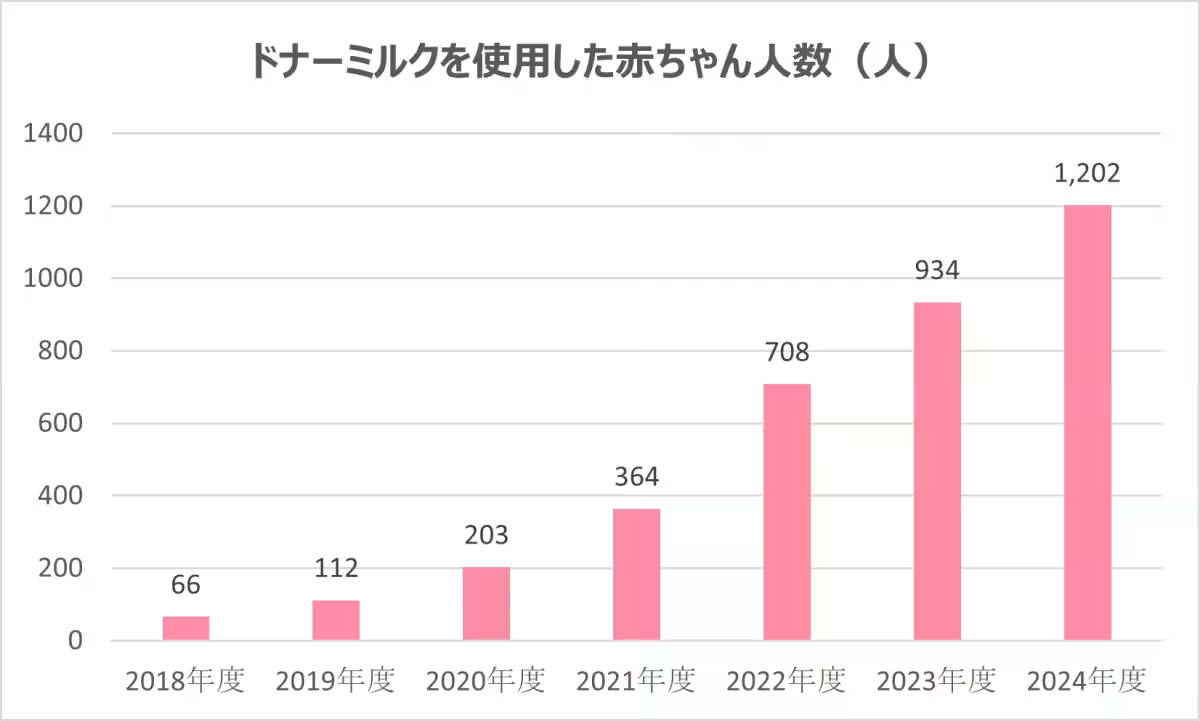

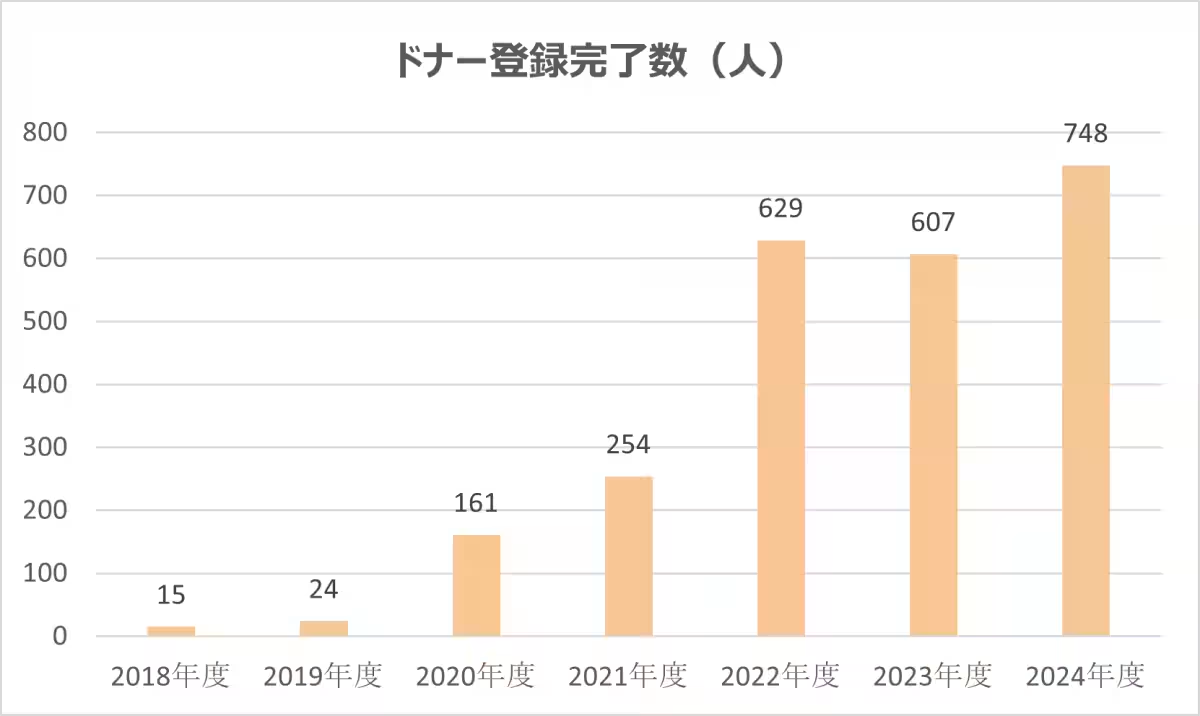
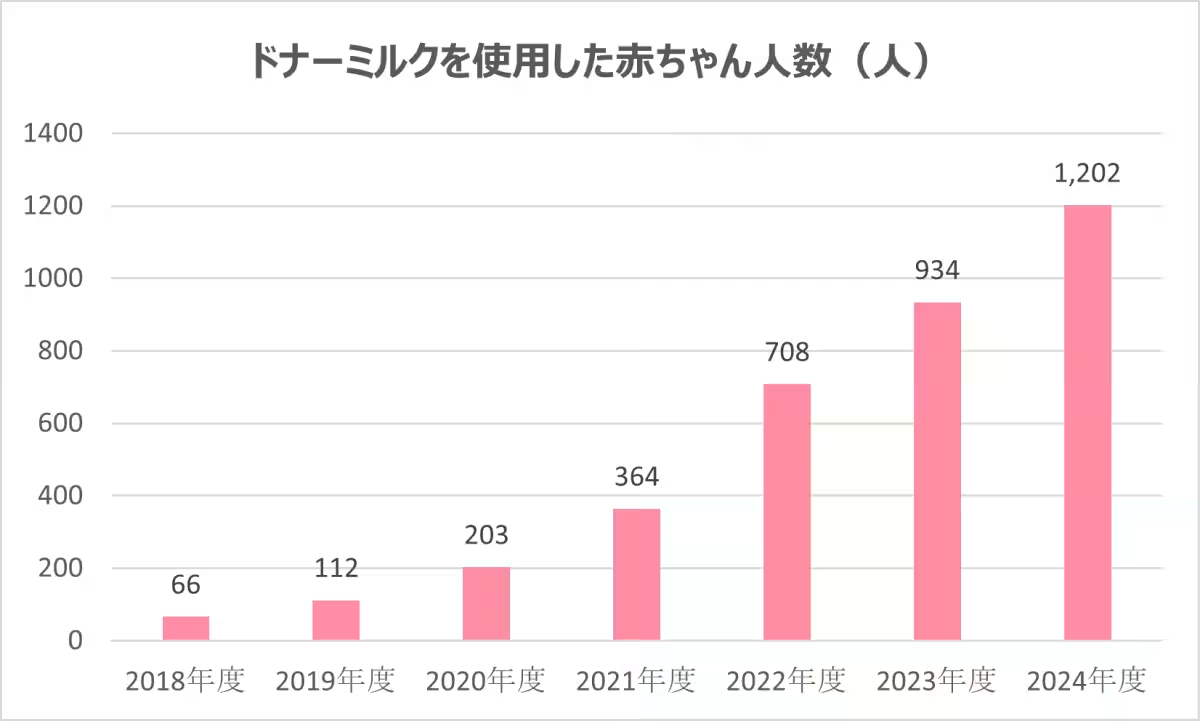
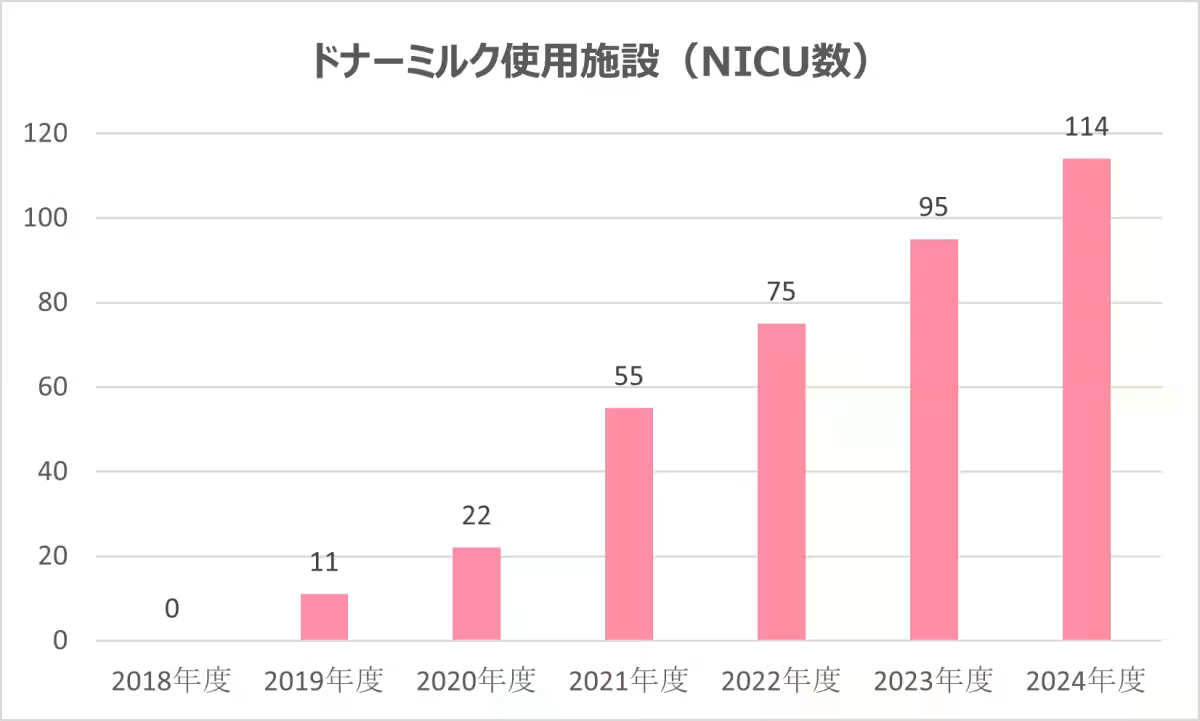
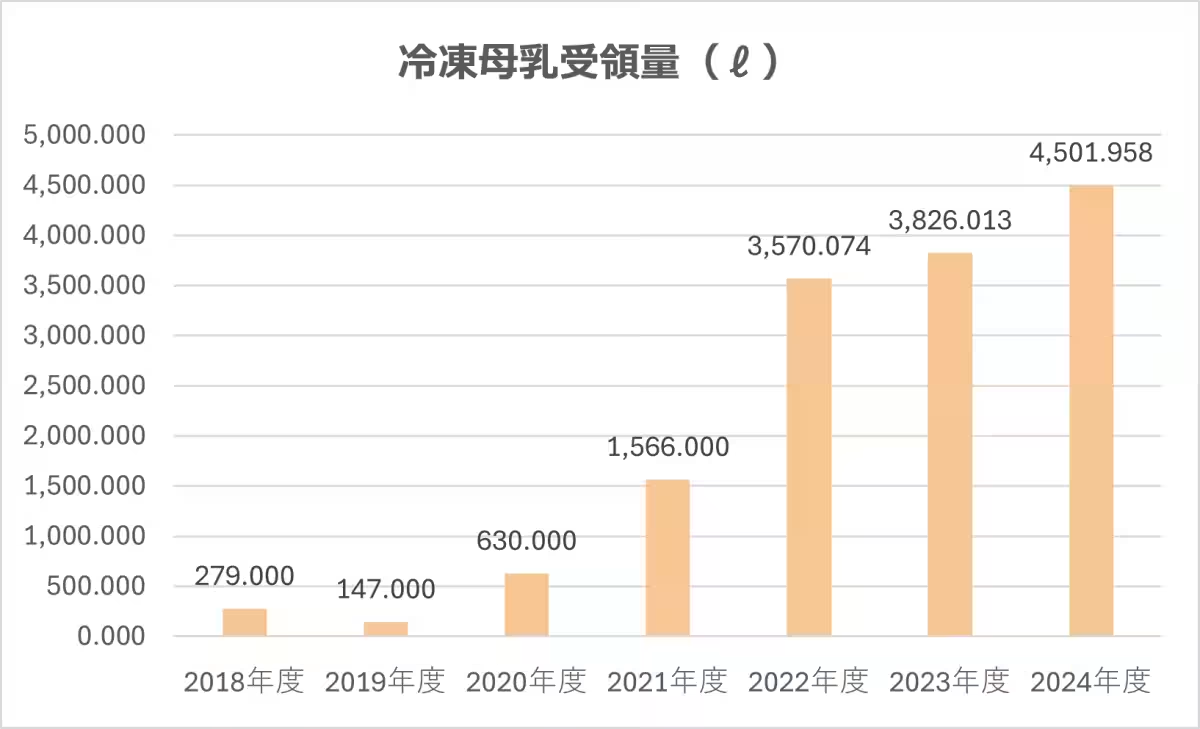
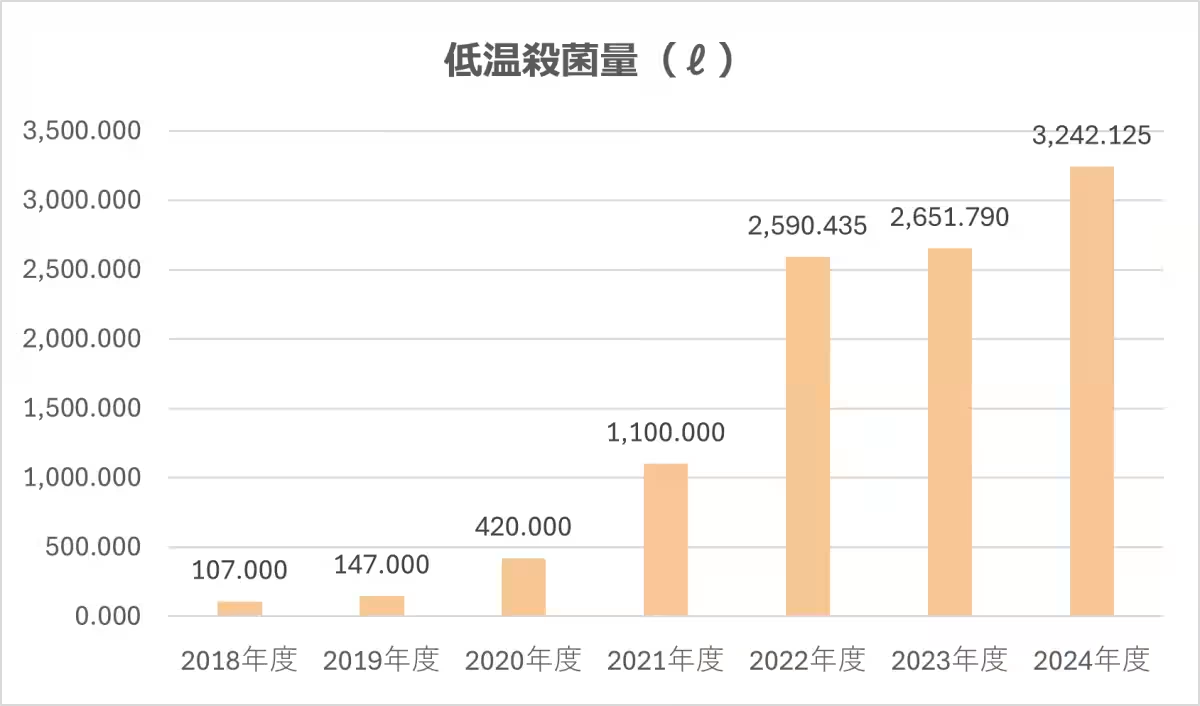
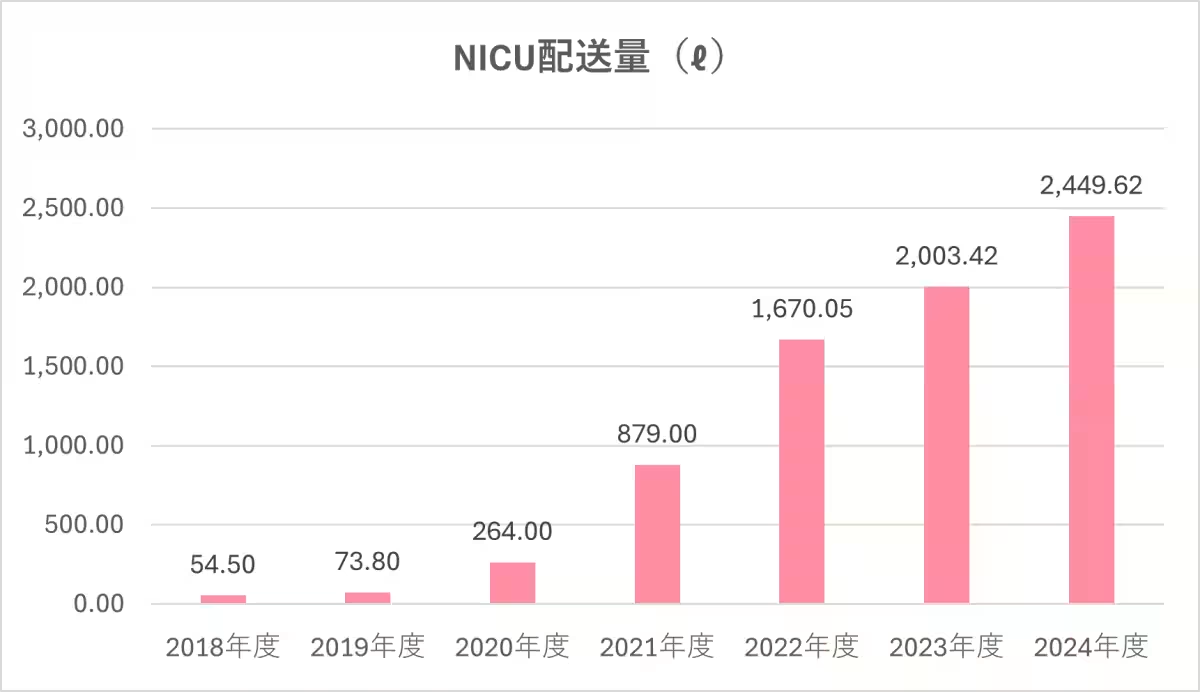
Topics Health)










【About Using Articles】
You can freely use the title and article content by linking to the page where the article is posted.
※ Images cannot be used.
【About Links】
Links are free to use.